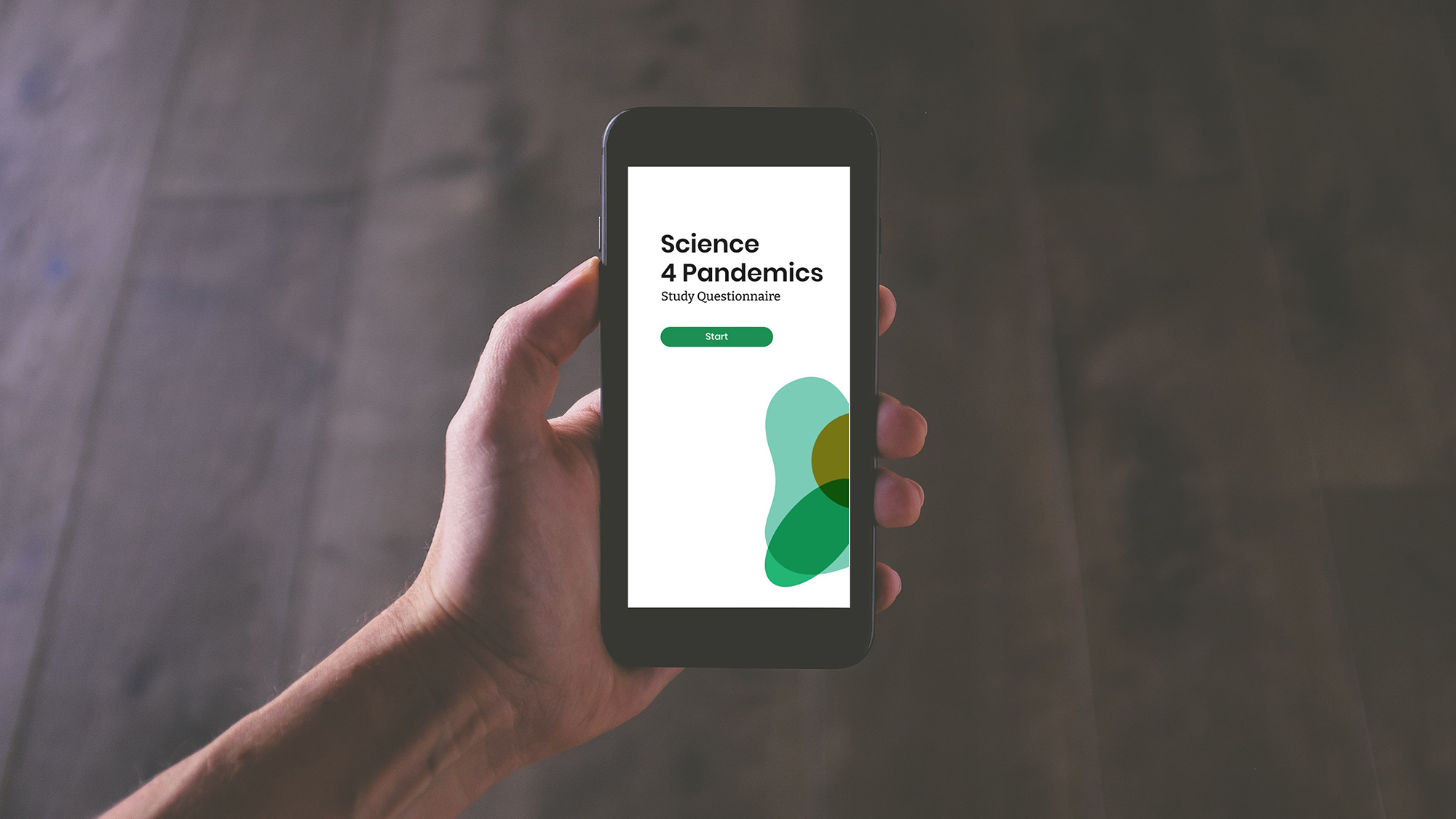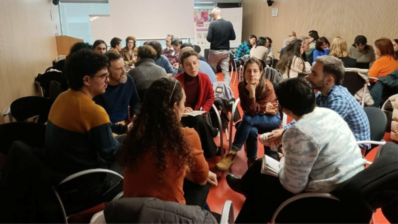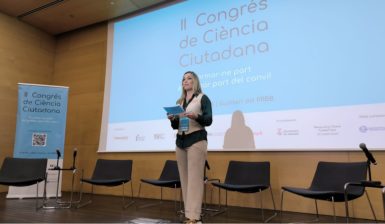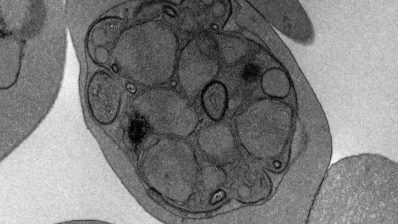In recent years, the SARS-Cov-2 virus has made us learn firsthand the meaning of words such as pandemic, transmission or prevention measures. These words accompany infectious diseases, which are one of the greatest threats to global health in this globalized world exhausted by the climate crisis.
With the aim of preparing the population to face future pandemics, the Barcelona Institute for Global Health (ISGlobal) has joined a dozen public and private centers in Spain, Italy and Portugal to promote the European project funded by EiT health, Science4Pandemics.
Citizen science to prevent and manage future pandemics
Science4Pandemics consists of a digital platform that aims to educate and collect the opinion of the population, especially teenagers between 12 and 17 years old and their parents, regarding the management and prevention of future pandemics. That is why they are developing a gamified game that will transmit knowledge to the population and at the same time collect data to understand their behavior.
Vaccines and clinical trials
Apart from addressing the management of future pandemics, Science4Pandemics has set out to find out what young people think about vaccines and what their reluctances may be. A very interesting question in the eyes of Quique Bassat, ICREA researcher at ISGlobal and co-investigator of the project. According to Bassat, “the avalanche of information on the pandemic makes it difficult for young people to distinguish between proven and unfounded information, which makes it difficult for them to become actively involved and follow prevention recommendations”.
“The avalanche of information about the pandemic makes it difficult for young people to distinguish the proven information from that which lacks foundation”
Quique Bassat, ISGlobal
In addition, the platform wants to know which digital environment favors the participation of young people in clinical studies.
To resolve these questions, the project has launched two surveys accompanied by an educational proposal to gather the opinion of young people and their parents.
The Science4Pandemics project has just started and will last for three years, which we hope will be very fruitful.






